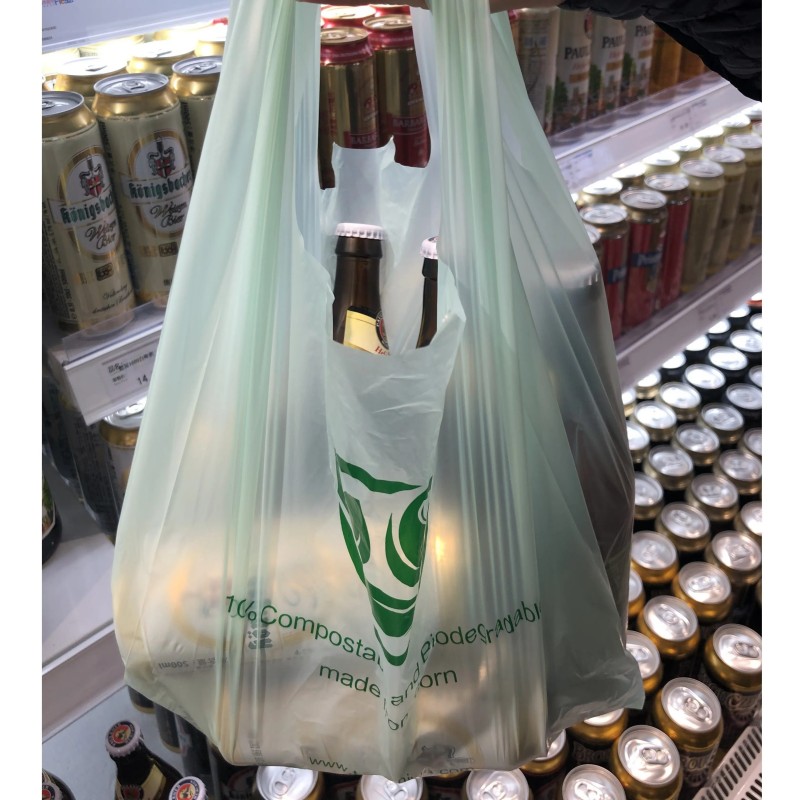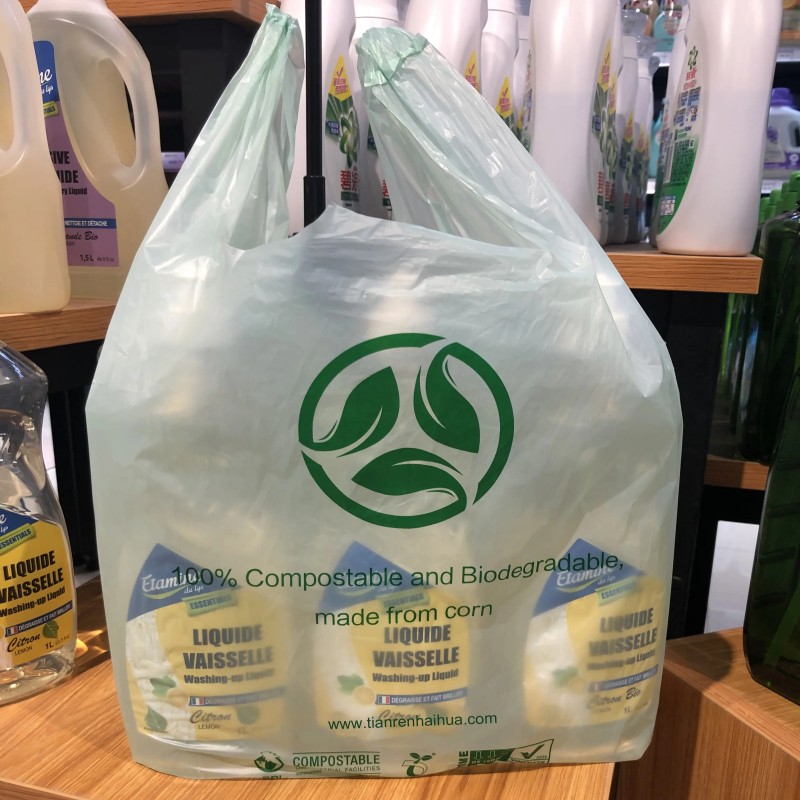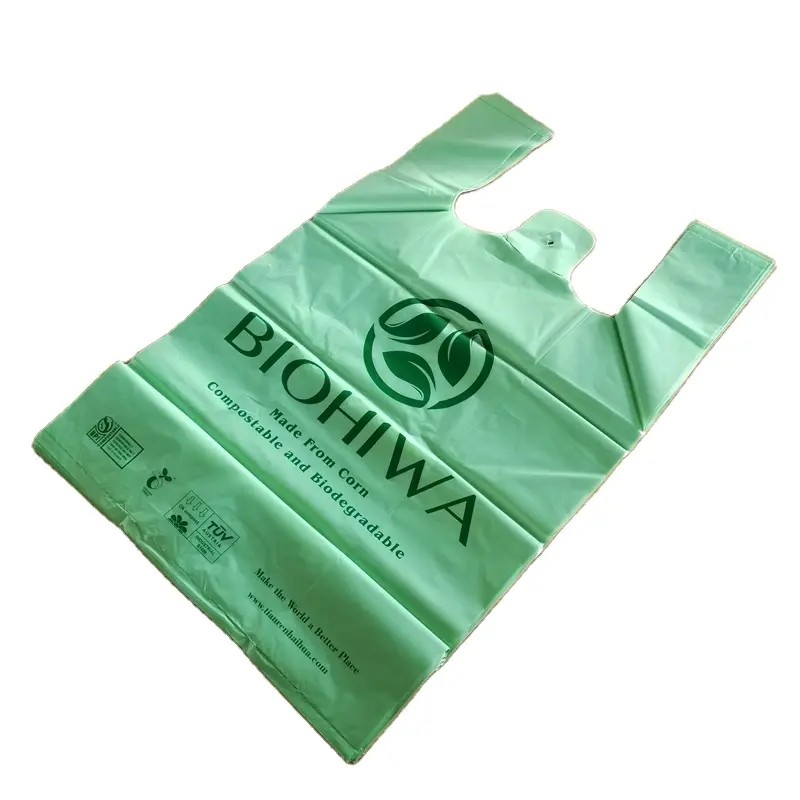How to Properly Dispose of Compostable Grocery T-Shirt Bags?
As consumers increasingly seek sustainable solutions, compostable grocery t-shirt bags have emerged as a popular alternative to traditional plastic bags. Made from materials that can break down naturally, these bags offer an eco-friendly option for shopping. However, proper disposal is crucial to ensure that these bags fulfill their environmental promise. In this article, we’ll explore the best practices for disposing of biodegradable t-shirt bags, ensuring they contribute to a healthier planet.
Understanding Compostable Grocery T-Shirt Bags
Before we dive into disposal methods, it's important to understand what compostable grocery t-shirt bags are made from. These bags are typically made from plant-based materials, such as corn starch or sugarcane. Unlike conventional plastic bags, which can take hundreds of years to decompose, compostable bags are designed to break down within a few months under the right conditions.

Proper Disposal Methods
Composting Facilities: The most effective way to dispose of compostable grocery t-shirt bags is to place them in industrial composting facilities. These facilities maintain the optimal conditions (temperature, moisture, and aeration) needed for the bags to decompose fully. If you have access to a local composting facility, check if they accept compostable bags. Many cities now have organic waste collection programs where you can drop off your compostable items.
Home Composting: If you practice home composting, you can add biodegradable t-shirt bags to your compost pile. However, ensure that your compost pile reaches the necessary temperatures to effectively break down the materials. Keep in mind that not all home compost setups can handle compostable bags, so it's best to research the capabilities of your composting system before proceeding.
Landfill Considerations: If industrial composting or home composting isn’t an option, the next best alternative is to dispose of the bags in a landfill. While this is not the ideal solution, it is still preferable to traditional plastic bags. Some compostable materials may still break down in landfill conditions, albeit much slower than in a composting environment.

Tips for Consumers
Check for Certification: When purchasing compostable bags in bulk, look for certifications such as ASTM D6400 or EN 13432. These standards indicate that the bags have been tested and meet specific compostability criteria.
Educate Others: Share information about the proper disposal of eco-friendly grocery bags with friends and family. Awareness is key to ensuring that these products are disposed of correctly.
Follow Local Guidelines: Be aware of your local waste disposal and composting guidelines. Different areas may have varying regulations regarding compostable materials, so it’s essential to stay informed.

Conclusion:
Proper disposal of compostable grocery t-shirt bags is vital for maximizing their environmental benefits. By utilizing composting facilities, practicing home composting, or responsibly disposing of them in landfills, you can ensure that these biodegradable t-shirt bags contribute positively to the environment. As more consumers opt for compostable bags in bulk, understanding how to dispose of them properly will help create a more sustainable future for all. By making informed choices, we can all play a part in reducing plastic waste and fostering a healthier planet.






